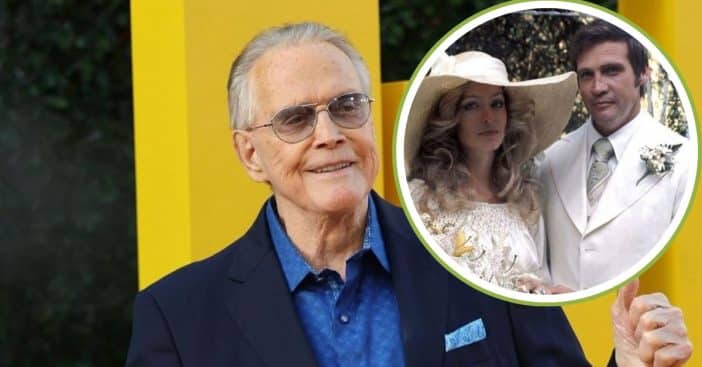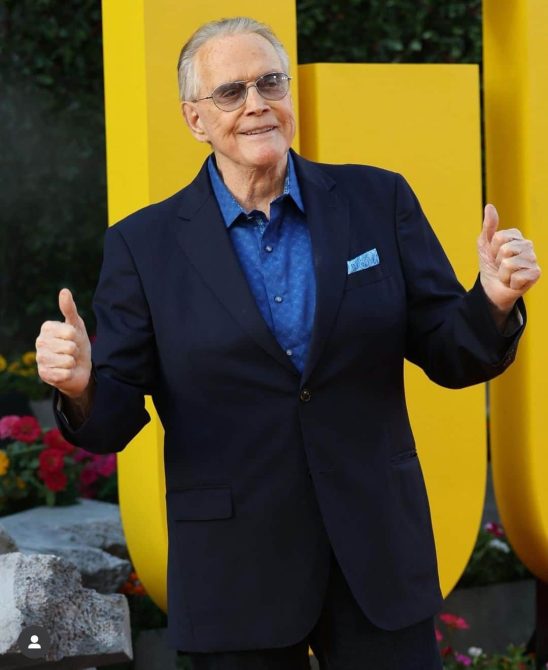
Farrah Fawcett and her ex-husband, Lee Majors, are celebrated luminaries in the movie industry. The former lovers captivated audiences with their charms and acting prowess in top projects such as Charlie’s Angels and The Six Million Dollar Man. In addition to their acting credits, the former couple also influenced the timeless hit song “Midnight Train to Georgia,” written by the iconic songwriter Jim Weatherly.
In a recent interview, Majors revealed how a casual conversation about his late ex-wife inspired the original title of the song. He shared insights into this memorable exchange, shedding light on the personal connection that inadvertently contributed to the creation of a classic.
Lee Majors and Farrah Fawcett inspired Jim Weatherly’s “Midnight Train to Georgia”
View this post on Instagram
During a discussion with PEOPLE, Majors revealed that his good friend, country songwriter Weatherly, developed the concept for the now-popular Gladys Knight & the Pips song during one of their night phone calls in 1970.
RELATED: Meet Lee Majors’ Four Adult Children
The 85-year-old explained that although he couldn’t remember who answered the call, he distinctly recalled telling Weatherly that Farrah was “taking the midnight flight to Houston.” He noted that the phrase struck Weatherly, sparking his creative instinct, and he worked it into a song—crafting a piece that became an integral part of his 1973 album.

Majors revealed that the song received its final title when singer Gladys Knight and her band, The Pips, decided to cover it. Unhappy with the original title and lyrics, Knight proposed changing the title to “Midnight Train to Georgia” because her family never traveled to Houston and preferred not to fly.
View this post on Instagram
However, despite the initial changes, the song achieved significant success. It won the 1974 Grammy Award for Best R&B Vocal Performance by a Duo, Group, or Chorus as the category was called at the time. The single also reached the number-one spot on both the pop and R&B charts and got inducted into the Grammy Hall of Fame in 1999.
